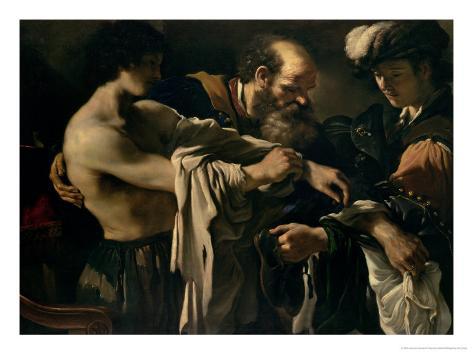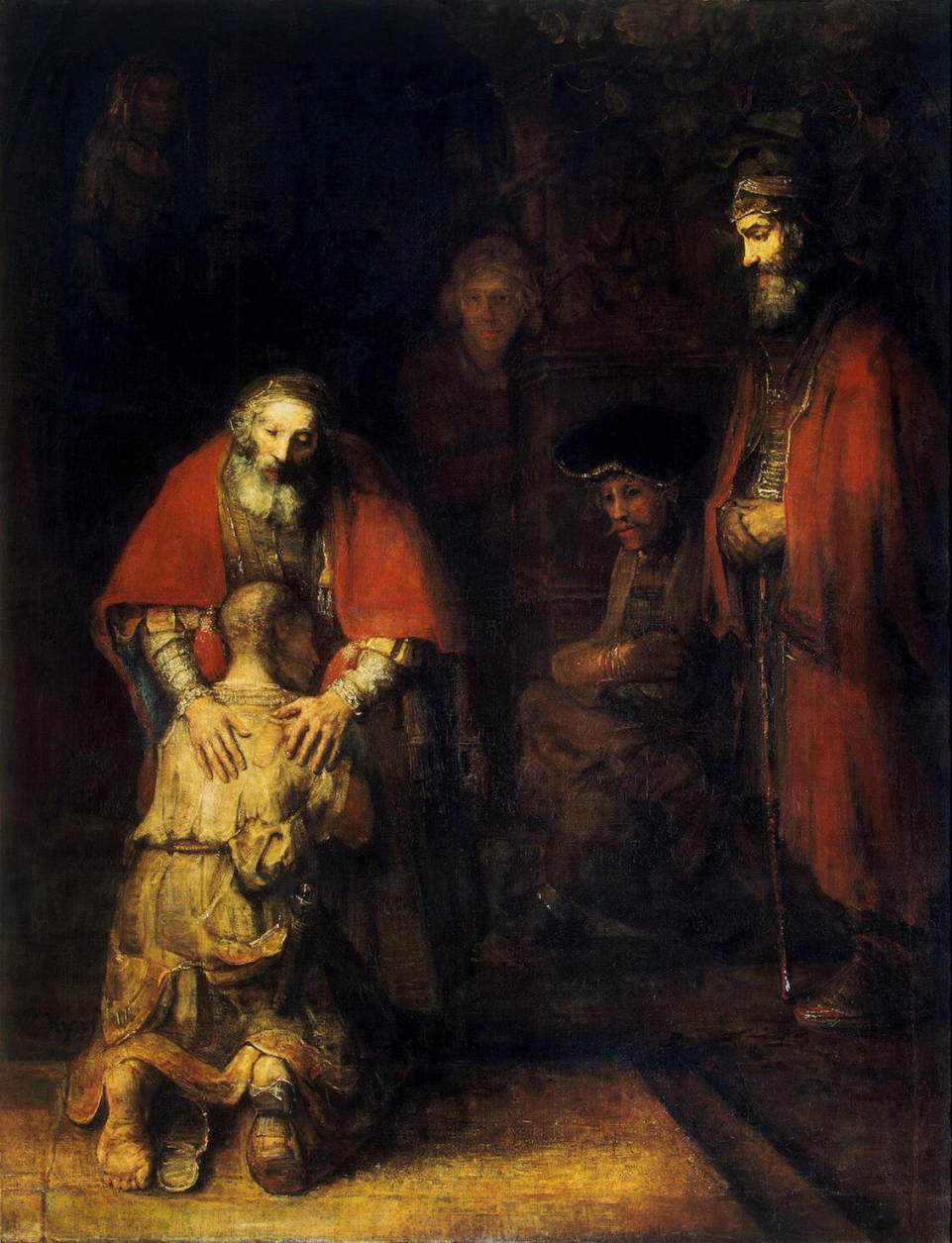Luke 16:1-13 (NIV)
The Parable of the Shrewd Manager
16 Jesus told his disciples: “There was a rich man whose manager was accused of wasting his
possessions. 2 So he called him in
and asked him, ‘What is this I hear about you? Give an account of your
management, because you cannot be manager any longer.’
3 “The manager said to himself, ‘What shall I
do now? My master is taking away my job. I’m not strong enough to dig, and I’m
ashamed to beg— 4 I know what I’ll do so
that, when I lose my job here, people will welcome me into their houses.’
5 “So he called in each one of his master’s
debtors. He asked the first, ‘How much do you owe my master?’
6 “‘Nine hundred gallons of olive oil,’ he
replied.
“The manager
told him, ‘Take your bill, sit down quickly, and make it four hundred and
fifty.’
7 “Then he asked the second, ‘And how much do
you owe?’
“‘A thousand
bushels of wheat,’ he replied.
“He told him,
‘Take your bill and make it eight hundred.’
8 “The master commended the dishonest manager
because he had acted shrewdly. For the people of this world are more shrewd in dealing with their
own kind than are the people of the light. 9 I tell you, use worldly wealth to gain friends for yourselves,
so that when it is gone, you will be welcomed into eternal dwellings.
10 “Whoever can be trusted with very little
can also be trusted with much, and whoever is dishonest with very little will also be dishonest with
much. 11 So if you have not been
trustworthy in handling worldly wealth, who will trust you
with true riches?12 And if
you have not been trustworthy with someone else’s property, who will give you
property of your own?
13 “No one can serve two masters. Either you
will hate the one and love the other, or you will be devoted to the one and
despise the other. You cannot serve both God and money.”
This parable must have sounded impossible to the first hearers of it. I am sure they were not sure what Jesus was telling them. I remember telling my mother this story once and she did not believe that it was actually in the Bible. If we were to update the parable, perhaps it might sound a little like this:
Jesus said to the
disciples, ‘There was an extremely powerful trade union official who held the
highest office in a major trade union federation. He
was well known and widely respected of in the world
of politics and and exercised influence in the whole country. But charges
were brought against him that he had appointed a junior staff member in an
manner that was contrary to the rules of his organization and that he had
engaged in an inappropriate sexual encounter with this person outside his
marriage. So he said to himself, “What will I do, now that they may
take my position away from me? I am not strong enough to dig,
and I am ashamed to beg. I have decided what to do so that
they won’t be able to take my position away from me, I will call together
the best of my friends and all those who owe their own high office to my
power, and I will say to them, “With great care and subtlety of language I
intend to refute this accusations whether what I say is true or not, and
you will stick by me, no matter what is said, for I know everything about
everyone one of you, and all that I know will go into the public domain if
you don’t give me your undivided support. If I fall you will
fall too, so you’d better stand by me.’ And all the office
bearers and friends did exactly that.
And Jesus said, ‘So I
tell you, take full advantage of the power given into your hands so that
you may be able to stand against the accusations of your enemies.
For it is better that you wield power, even with dishonesty, than others
take that power from you.’
What do you think?



